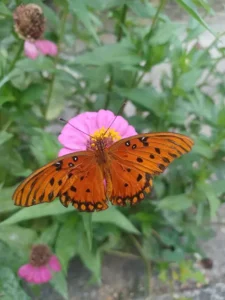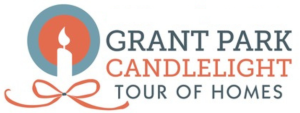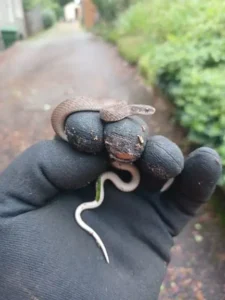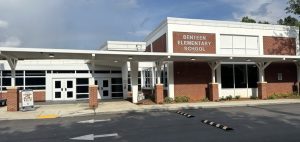By Brent Huff and Mike Gardner
Porch Press readers regularly express a desire to get more involved in our neighborhoods. However, since there are many organizations and ways to get involved, it can be confusing. This article will attempt to explain what each organization does and how neighbors can get involved.
Attending neighborhood meetings is a great way to have a voice in what happens in your neighborhood, in southeast Atlanta, and the whole city. You can learn about important issues and meet other people who care about your community and your issues.
Atlanta has over 240 neighborhoods. In 1974, Mayor Maynard Jackson created the Neighborhood Planning Unit (NPU) system to enable citizens to give input more effectively to the city. The system divided the city into 25 geographic areas called NPUs, labeled A to Z (excluding U).
If you receive The Porch Press, you likely live in NPU-W. As an all-volunteer organization, NPU-W has monthly meetings to update residents on city activities and to gather their input. Topics include items like zoning variances, alcohol licenses, and festival approvals. NPU-W comprises three southeast Atlanta neighborhood associations: East Atlanta Community Association (EACA), Grant Park Neighborhood Association (GPNA), and South Atlantans for Neighborhood Development (SAND).
SAND was created 50 years ago as an umbrella organization for several neighborhoods and subdivisions including: Benteen Park, Boulevard Heights, Custer-McDonough-Guice, Glenwood Park, North Ormewood Park, Ormewood Park, and Woodland Hills. SAND gives these neighborhoods a means of collectively communicating to NPU-W, as well as to the City of Atlanta.
Any resident can attend and become part of their Neighborhood Associations or NPU-W. Voting rights vary, but generally are allowed after attending two or three meetings within a 12-month period or by paying a small membership fee. The meetings often include updates from City Departments such as Police and Fire, Code Enforcement, ATL311, etc. Periodically, elected officials from the City, County and State will give updates on what is happening in their jurisdictions.
NPU-W and Neighborhood Associations have a say in items that affect you and your neighborhood. These include changing zoning rules, authorizing new house construction, or adding on to a home. They approve alcohol and festival licenses, and can influence city decisions about streets, sidewalks, and bike lanes.
All voting items are presented at the impacted Neighborhood Association and the appropriate NPU-W committee. NPU-W’s standing committees include Land Use and Zoning, Neighborhood Safety, Transportation, and Bylaws & Procedures. Finally, the items proceed to the NPU-W General Body. The votes are recorded and reported to the city.
Neighborhood Associations, NPU-W committees, and the NPU-W General body each hold monthly meetings. They are all either virtual or hybrid. Here is the monthly schedule:
Neighborhood Associations
EACA: 2nd Tuesday www.eaca.net
GPNA: 3rd Tuesday www.grantpark.org
SAND: 2nd Thursday www.sandatlanta.org
NPU -W: www.npu-w.org (select meetings)
Land Use & Zoning Committee: 1st Tuesday
Bylaws Committee: 1st Thursday
Neighborhood Safety Committee: 2nd Thursday
Transportation Committee: 3rd Monday
General Meeting: 4th Thursday
While NPUs are not intended to resolve conflicts between neighbors, they are intended to give residents input opportunities in their community. By becoming involved, you can help decide the direction that your neighborhood takes. Your time investment can make a real difference.





